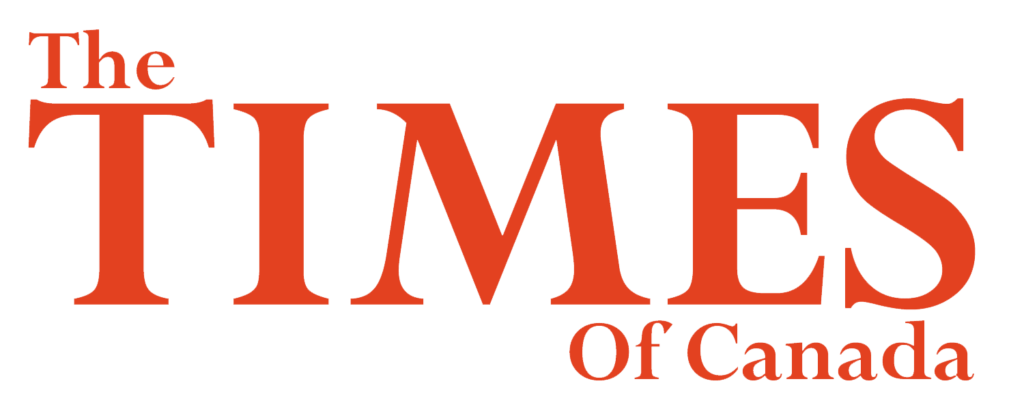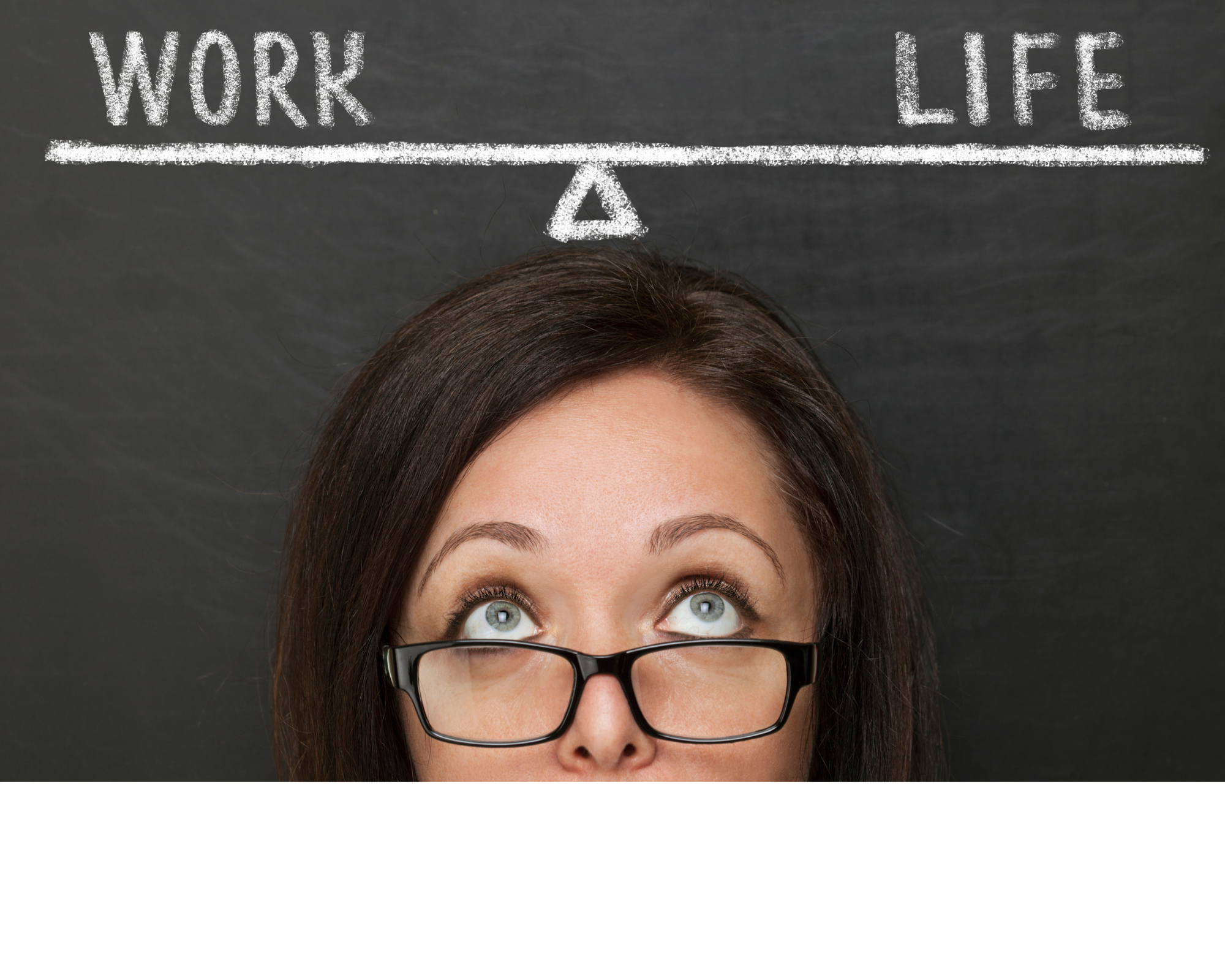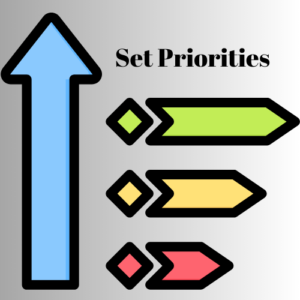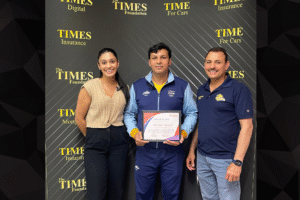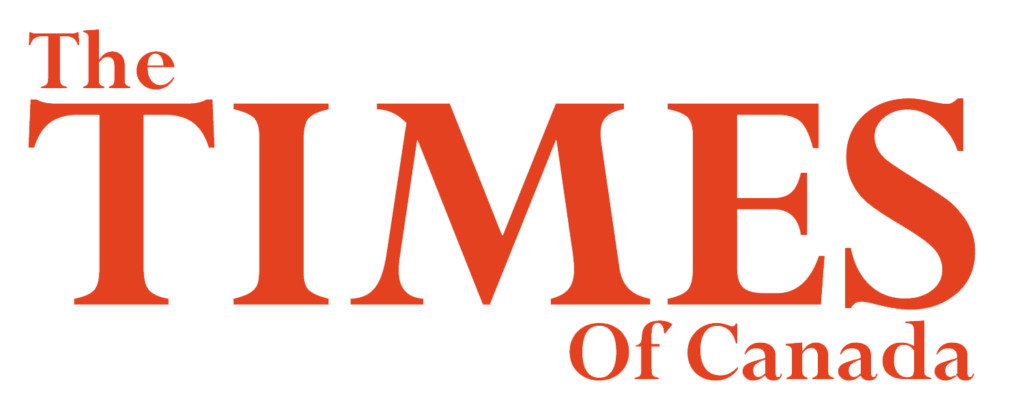In the modern world, where the lines between personal and professional life often blur, achieving a harmonious balance between the two has become a critical aspect of overall well-being and success. The demands of a bustling professional life can sometimes overshadow personal commitments, leading to stress and burnout. However, with thoughtful strategies and intentional choices, individuals can navigate this delicate interplay and foster a fulfilling and rewarding existence that extends beyond the confines of the workplace.
Setting clear priorities is the cornerstone of a well-balanced life. It involves identifying what holds genuine importance in both personal and professional spheres. By defining core values and aligning commitments accordingly, individuals create a guiding compass for decision-making. This clarity aids in effective time and energy allocation, ensuring that efforts are directed toward activities that resonate with overarching goals. The prioritization process acts as a filtering mechanism, helping individuals make intentional choices that contribute meaningfully to their overall well-being and success. In essence, clear priorities establish a roadmap for navigating the complexities of daily life, fostering a sense of purpose and balance.
Effective time management is a crucial skill for maintaining a balanced life. Recognizing that time is a precious resource, individuals can employ various tools and strategies to make the most of it. Calendars and planners, for example, offer practical ways to organize and structure daily activities. The key to success lies in prioritizing tasks based on their urgency and importance. By categorizing responsibilities, individuals can focus their efforts on high-priority items and prevent feeling overwhelmed. Allocating specific time blocks for work-related tasks, personal activities, and relaxation ensures a well-rounded distribution of time and prevents one aspect of life from dominating the others. This approach helps individuals maintain a sense of control over their schedule, allowing for a more harmonious integration of professional and personal commitments. Ultimately, effective time management contributes to a balanced lifestyle by facilitating productivity without sacrificing personal well-being.
Establishing boundaries between personal and professional life is essential for maintaining a healthy work-life balance. It involves consciously delineating the time and mental space allocated to work tasks and responsibilities from that dedicated to personal activities and relaxation. When at work, individuals are encouraged to concentrate fully on their professional duties, avoiding unnecessary distractions from personal matters. Conversely, during personal time, a deliberate effort should be made to disconnect from work-related activities, emails, or calls. This clear separation is vital for mental rejuvenation, allowing individuals to recharge and fully engage in personal pursuits without the weight of work-related stressors. By maintaining distinct boundaries, individuals foster a sense of control over their time, reduce burnout, and create space for meaningful personal experiences, contributing to a more fulfilling and balanced lifestyle. 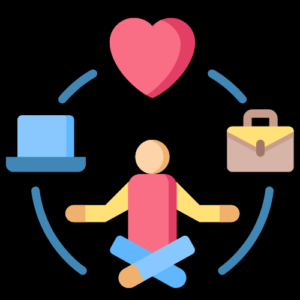
Embracing flexibility in the context of work-life balance involves recognizing and adapting to the dynamic nature of contemporary work environments. It acknowledges that traditional, rigid work structures may not always align with the diverse needs and responsibilities of individuals. One significant way to implement flexibility is by exploring alternative work arrangements, such as remote work or flexible hours. Remote work allows individuals to perform their tasks outside the traditional office setting, providing them with the autonomy to choose a work environment that suits their needs.
Flexible hours, on the other hand, permit employees to adjust their daily schedules, accommodating personal commitments or preferences. This adaptability empowers individuals to tailor their work routines, promoting a better integration of professional and personal life. Embracing flexibility not only acknowledges the diverse demands on individuals but also contributes to increased job satisfaction and overall well-being. It allows for a more harmonious balance, as individuals can navigate their work responsibilities while accommodating the unique aspects of their personal lives, ultimately fostering a healthier and more fulfilling lifestyle.
Effective communication serves as a linchpin in the quest for a balanced personal and professional life. In both spheres, whether at work or within personal relationships, open and honest communication is paramount. Expressing needs, expectations, and boundaries becomes essential for fostering mutual understanding and support. In the professional realm, clearly articulating your workload, deadlines, and challenges to colleagues and superiors enables them to provide appropriate assistance and accommodation. Similarly, in personal relationships, transparent communication about your time commitments and personal priorities allows loved ones to comprehend your responsibilities and actively participate in maintaining a harmonious balance. This openness creates an environment where expectations are clear, reducing the likelihood of misunderstandings and conflicts. Ultimately, effective communication acts as a catalyst for building supportive networks both at work and in personal life, contributing significantly to a more balanced and fulfilling lifestyle.
Prioritizing self-care is indispensable for maintaining a balanced lifestyle. Regular exercise, proper nutrition, and sufficient sleep contribute to physical well-being, positively influencing mental health and overall productivity. Making time for activities that bring personal fulfillment, such as hobbies and relaxation, enhances emotional well-being. This intentional focus on self-care creates a positive cycle, fostering resilience and equipping individuals to navigate the demands of both personal and professional life more effectively. It’s not just a personal investment in health; it’s a cornerstone for achieving a harmonious and fulfilling lifestyle.
Continuous learning and growth form the cornerstone of a fulfilling life, offering benefits both professionally and personally. Devoting time to acquiring new skills and staying updated in your field not only enhances professional expertise but also contributes to increased job satisfaction. Meanwhile, personal development initiatives, such as learning new hobbies or pursuing interests outside of work, enrich your overall life experience. This dual commitment to ongoing learning ensures a dynamic and holistic approach to growth, aligning both professional and personal aspects to create a more rewarding and well-rounded lifestyle.
Reflection and adaptation are indispensable practices for maintaining a balanced lifestyle. Regularly assessing priorities and commitments, and being open to making adjustments, acknowledges the dynamic nature of life. Recognizing that circumstances evolve, periodic reflection on goals allows for the reevaluation of strategies, ensuring they align with current needs and aspirations. This proactive approach fosters an ongoing and sustainable balance between personal and professional life, enabling individuals to navigate life’s changes with resilience and purpose.
In conclusion, managing your personal and professional life is an ongoing process that requires conscious effort and adaptability. By setting clear priorities, managing your time effectively, establishing boundaries, embracing flexibility, fostering effective communication, prioritizing self-care, and committing to continuous learning, you can navigate the delicate balance between personal and professional spheres, ultimately leading to a more fulfilling and well-rounded life.
